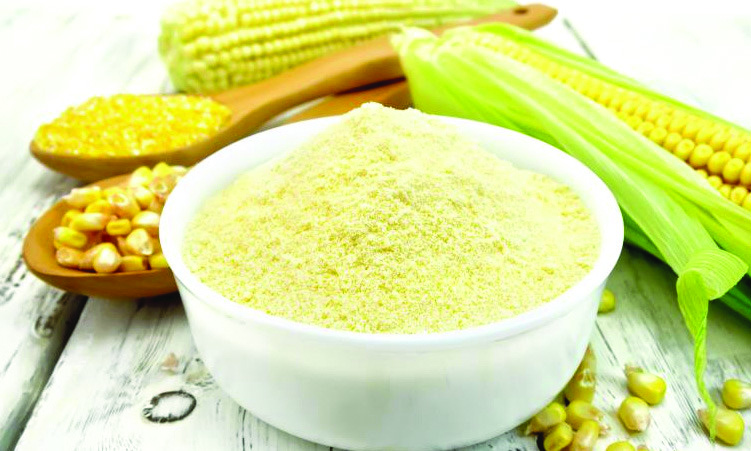The Namibian Agronomic Board (NAB) has called on all registered millers and processors of controlled agronomic products to renew their licences for the 2025/26 period.
In a notice issued by NAB chief executive Fidelis Mwazi on Friday, the agronomic sector regulator reminded millers that the 2024/25 licencing period will come to an end on 31 March.
“Therefore, all registered milling facilities for controlled agronomic products – white maize, wheat and pearl meal grains – for commercial use and specifically for human consumption, are required to submit the renewal application with the NAB on or before 31 January,” Mwazi says.
In addition to the prescribed renewal application form, millers should also submit certified copies of valid certificates of good standing issued by both the Namibia Revenue Agency and the Social Security Commission.
“Millers should also submit a certified copy of a valid fitness certificate issued by the local authority, or a health certificate issued by the Ministry of Health and Social services,” the statement reads, adding that millers should additionally provide proof of conformity with food safety management requirements.
The NAB says millers who fail to submit licence renewal applications on time will not be included in the inspection programme set for March and may not be issued a milling licence before the expiry period.
“Millers will subsequently not be allowed to operate a milling facility, neither will they be issued import permits for the importation of white maize or wheat or pearl millet until a valid milling licence has been obtained from the NAB,” the statement says.
There are at least 26 registered millers in Namibia, with Namib Mills owning approximately 55% of national maize milling capacity.
Namib Mills has about 85% capacity of the wheat milling.
Its main production facility in Windhoek consists of a wheat and maize mill plant, a pasta plant and a sugar packaging plant.
– matthew@namibian.com.na
Stay informed with The Namibian – your source for credible journalism. Get in-depth reporting and opinions for
only N$85 a month. Invest in journalism, invest in democracy –
Subscribe Now!









